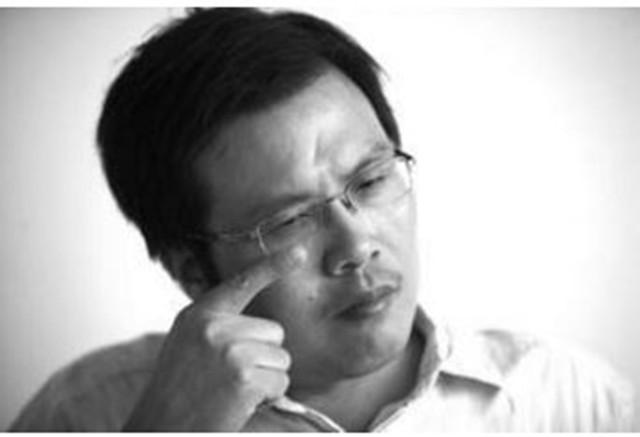Chinese authorities have ordered the recall of millions of Chinese elementary and middle school textbooks, in order to purge from them what have recently been declared the “reactionary” political opinions of a former editor.
“According to the demands of the Ministry of Education… the name list of editors in a portion of educational materials must undergo important revisions,” says a notice by the Zhongnan Publishing and Media Group on June 23.
“Wen Lisan’s name will be deleted from the list of editors.”
The notice then goes on to call Wen, a former senior editor of the prominent publishing house People’s Education Press,“anti-party, anti-China, and a radical Westernized element who has posted many reactionary remarks.” The letter was dispatched to China’s largest bookstore chain, Xinhua, in the Hunan region, and probably circulated more widely. It was photographed and uploaded to social media.
Following the purge of Wen’s name, the Ministry of Education ordered a “thorough and careful inspection” of all course materials and related tutoring books, according to RFI Chinese, in order to remove the subversive influence of Wen. “All essays, paragraphs, and sentences connected with Wen Lisan must be entirely substituted,” the notice said, according to RFI. Publishing houses need to present the results on July 11, 2016, for examination. Before the results of the investigation are concluded on July 14, no textbooks can be printed or distributed.






